Final
Deadline
April 16, 2026
Judging
Date
May 18, 2026
Winners
Announced
June 10, 2026
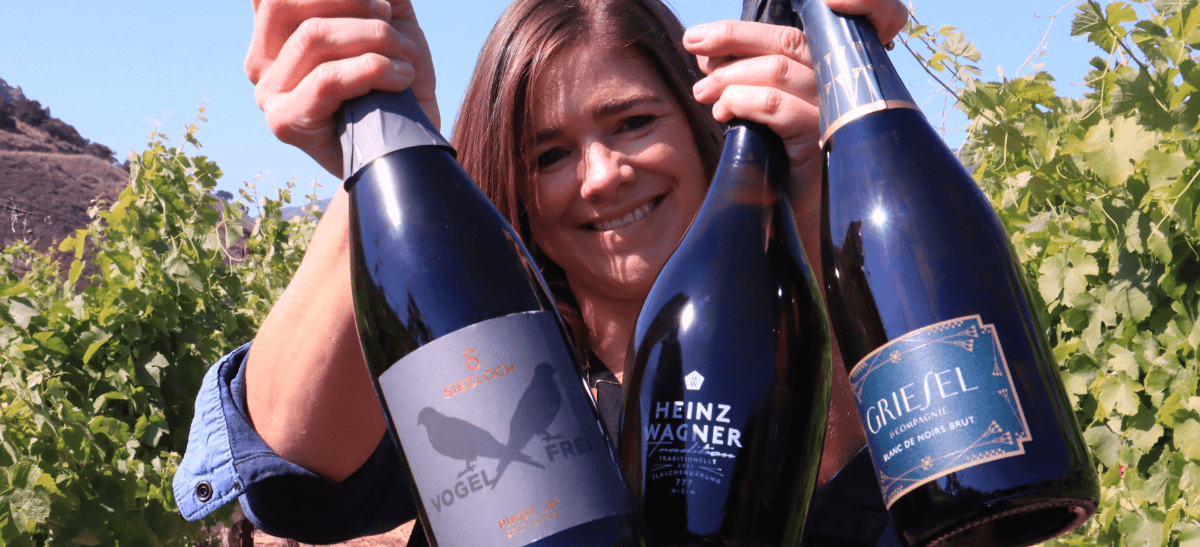
When Tupetz Wine Connection was named both Importer of the Year and Importer of the Year – Germany at the 2025 Sommeliers Choice Awards, it marked a clear validation of founder Lisa Tupetz’s focused approach: bringing low-intervention, German-made wines crafted for local palates into the hands of curious American drinkers. Based in California, Tupetz has built her import business on personal roots and professional rigor: a Geisenheim education, strong relationships with family-run estates, and a commitment to wines that reflect their origin with honesty and precision. With eight gold medal-winning bottles in her portfolio, from crisp Elbling to structured dry Riesling, she’s helping reshape the way German wine is understood and enjoyed in the US, prioritizing transparency, sustainability, and a strong sense of place. Through a growing network of like-minded partners and the expansion of her Small Poppies Wine Collective, Tupetz is helping shape a fresh narrative around what German wine can be and where it belongs on the world stage.
The awards are a huge honor for all of us, me, and the German winemakers I partner with and import. As a new business, this recognition is seen as a validation that our approach to sourcing low-intervention, authentic German wines is appreciated in the U.S. market. I am excited to continue to bring these wines over to the U.S.
The GermanWinesUSA is going to do a post about my awards in July and also about the winning winery, Dreissigacker, in August. This should broaden my reach immensely and boost my recognition in the still-new to US market.
When it comes to communication, educating about Germany’s long winemaking tradition is huge. As well as the stories around each winemaker, winery, and region. Internationally, it also builds confidence, and brand awareness, connects us with new producers, and opens doors for partnerships that align with our values. I just started working with a highly talented poet to have a different approach to how stories are told. I am excited to share our work soon.
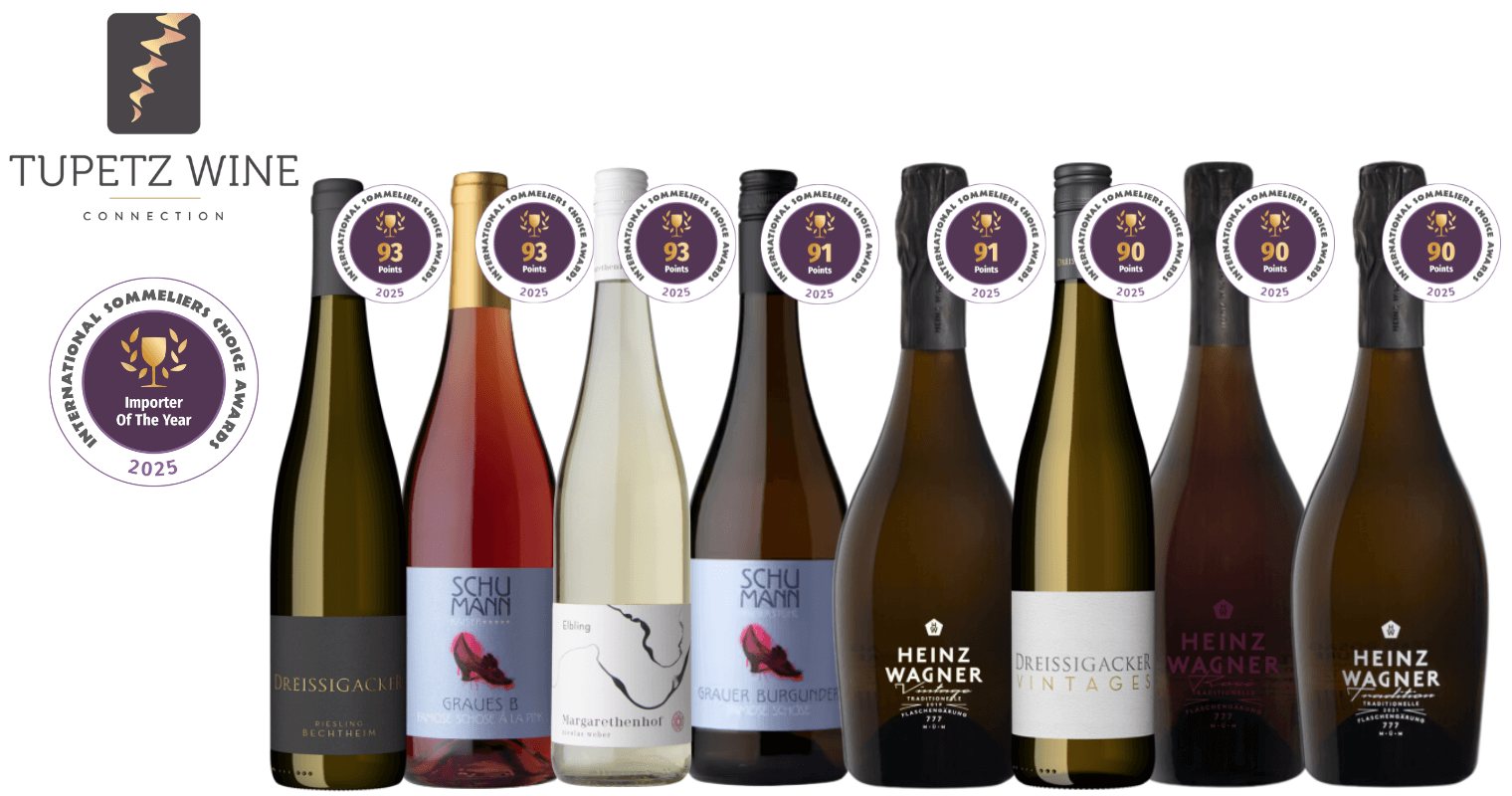
Image: Winning wines from Tupetz Wine Connection. Tupetz Wine Connection named both “Importer of the Year” and “Importer of the Year – Germany” at the 2025 Sommeliers Choice Awards.
One of the reasons for launching TWC in the first place was that I was missing wines of my colleagues I studied with and who are well-recognized producers in Germany, in the US Market. Being German, having grown up in Germany, and having studied viticulture and enology in Geisenheim, I wanted to use my connections to get some untouched wines to the US. Untouched by other importers and low-intervention, clean wines.
Right now, I’m excited about our lineup of sparkling wines — especially traditional-method Sekt from Griesel & Compagnie — and varieties Elbling and Silvaner that show off Germany’s diversity beyond Riesling. My collection of dry Riesling is constantly growing as well. Riesling is so diverse, just as German wines in general are.
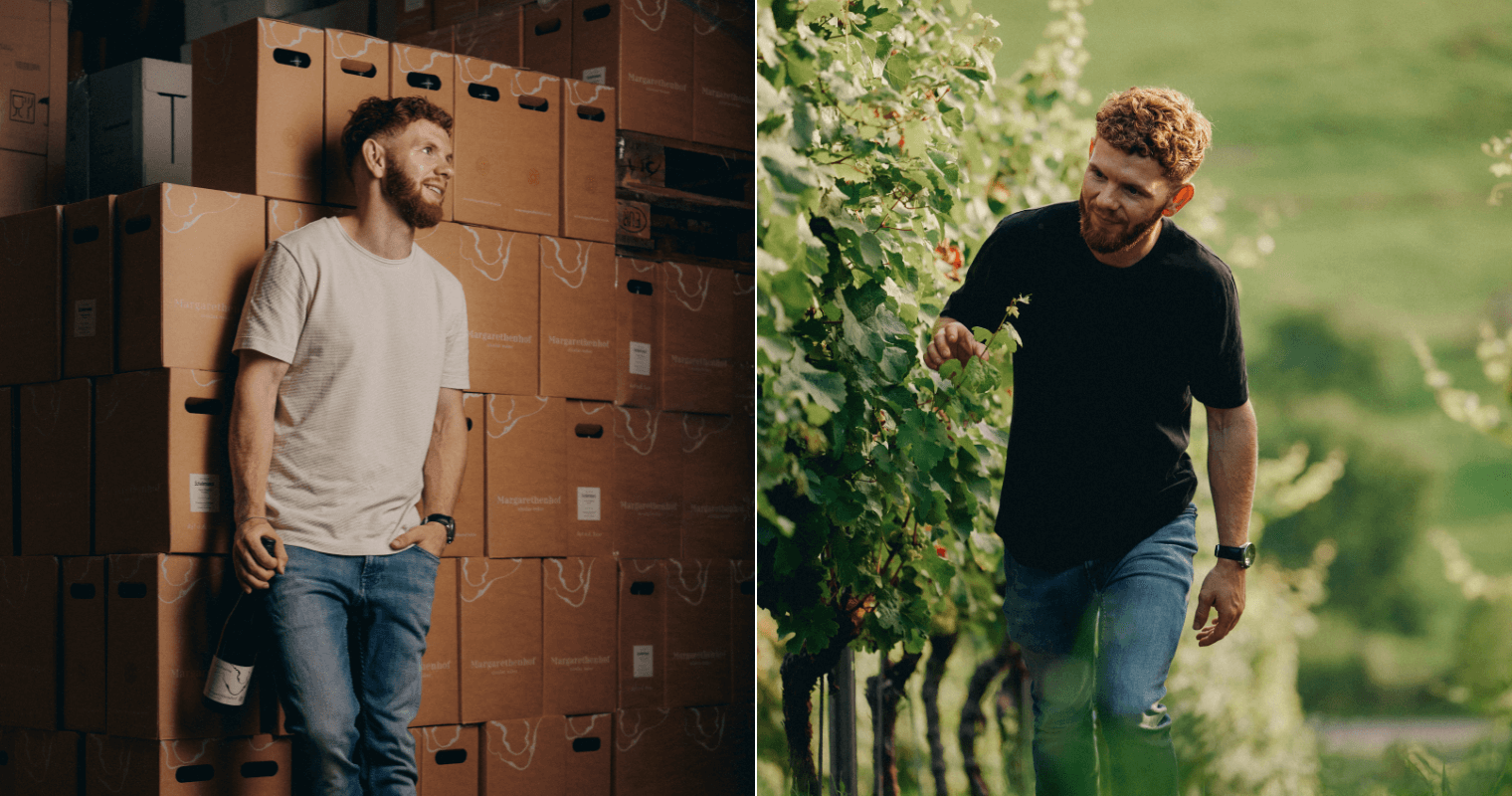
Image: Nicolas Weber, Winemaker, Weingut Weber.
Imagine you travel to Germany, visiting the Margathenhof in the Mosel region, Dreissigacker in Rheinhessen, and Bettina Schumann in Baden. The wines you will taste at my partner wineries are the same ones I have in my warehouse available over here in the US. Which seems obvious, but it is not. Many producers, especially bigger ones, produce wines for export markets. Which makes sense, but I focus on bringing the real taste of German wines over here. Riesling, for example, struggled with the perception of always being sweet, thanks to the 80s and 90s when importers focused on sweet ones.
German wine isn’t always simple, but it’s always worth discovering. Having a background in German winemaking makes it much easier for me to explain and share the nuances of German wines. And I love talking about the wines, the stories behind them, and sharing my Wissen - knowledge.
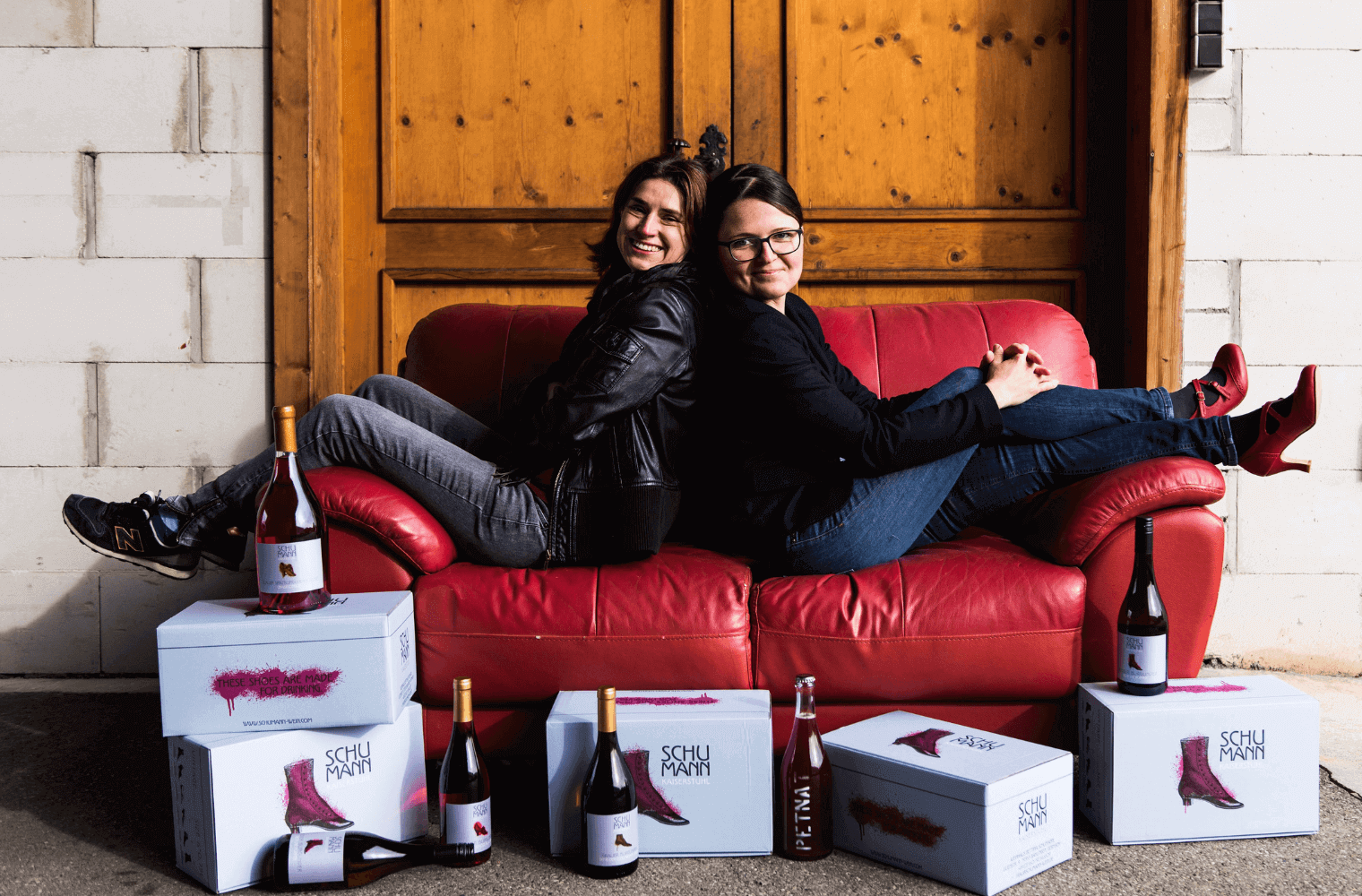
Image: (Left) Melanie Panitzke, Sommelier, and (Right) Bettina Schumann, a studied oenologist, co-founders of the Bettina Schumann Winery.
I am based on the stunning Central Coast of California. This is where I moved to in 2018 and made wine for a few years. TWC is self-distributed across California. You can find my wines across the Golden State. One of my biggest achievements of the past year was getting three wines from three different producers, listed at the French Laundry in Napa. Dreissigacker, Margarethenhof, and Heinz Wagner Non-Alcoholic!
My wines are also available online at tupetzwine.com across the US through my shop or wine club.
Our goal is to grow distribution in California. Opening up distribution to other States would be great. If you know of anyone, let me know!
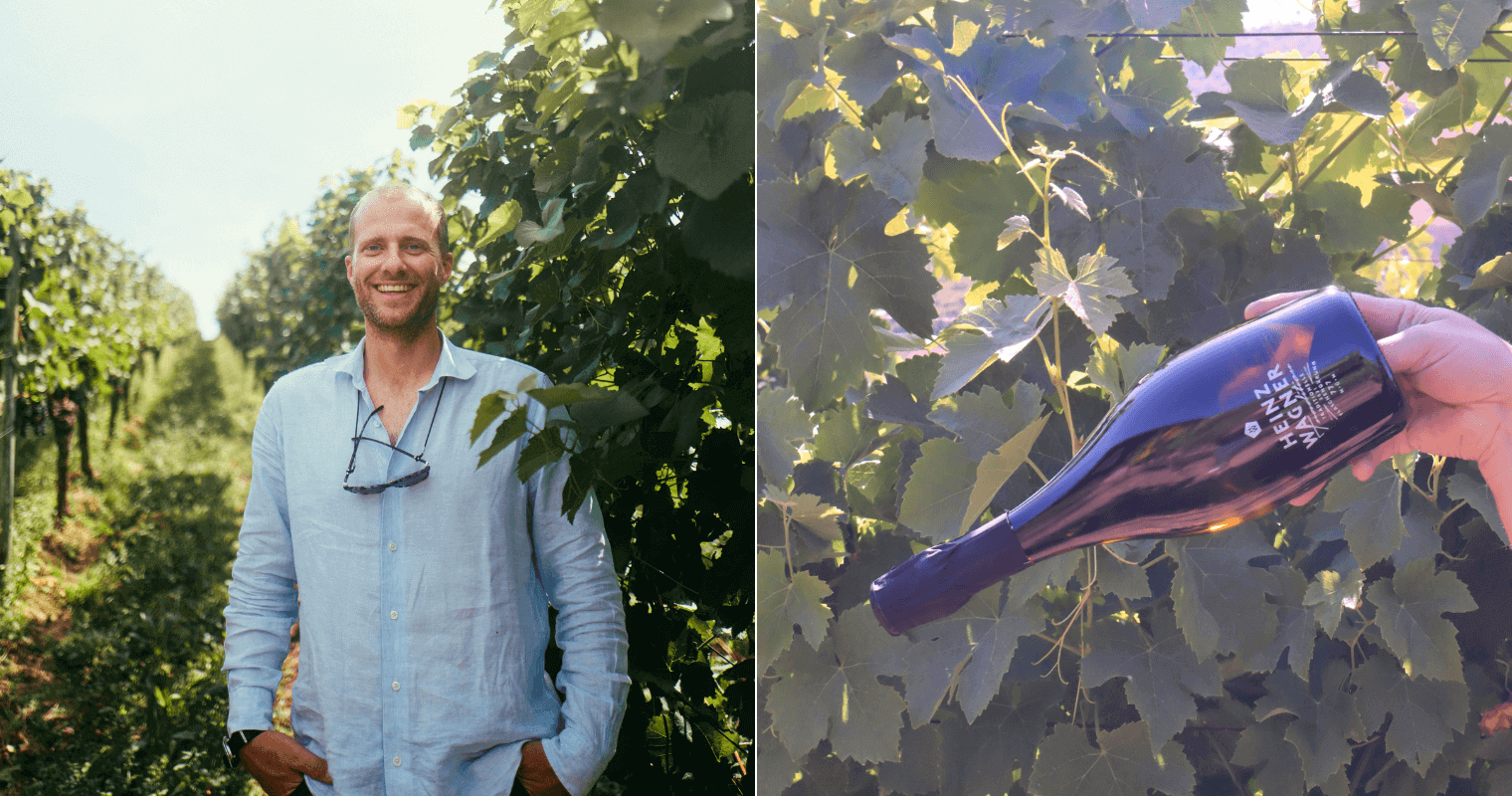
Image: Maximilian Wagner, Founder and Winemaker, Heinz Wagner.
In addition to providing the classics, tasting notes, and photos for content, I love to educate the staff on the wines, too.
In recent interactions with customers, the importance of knowing the people and thoughts behind sourcing the wines has become more important and a topic in conversations. As a result, we (4 independent importers) founded SMALL POPPIES Wine Collective. As a collective with shared values and mission when it comes to sourcing wines, we are starting a month-long series of tastings, pop-ups, and collaborative dinners across Northern California—celebrating the wines, growers, and stories at the heart of Small Poppies.
If you are a retailer, restaurant, or business in California reading this and are interested in learning more, please reach out! We would love to work with you!
I don’t have any importers; I am the importer for all the wines.
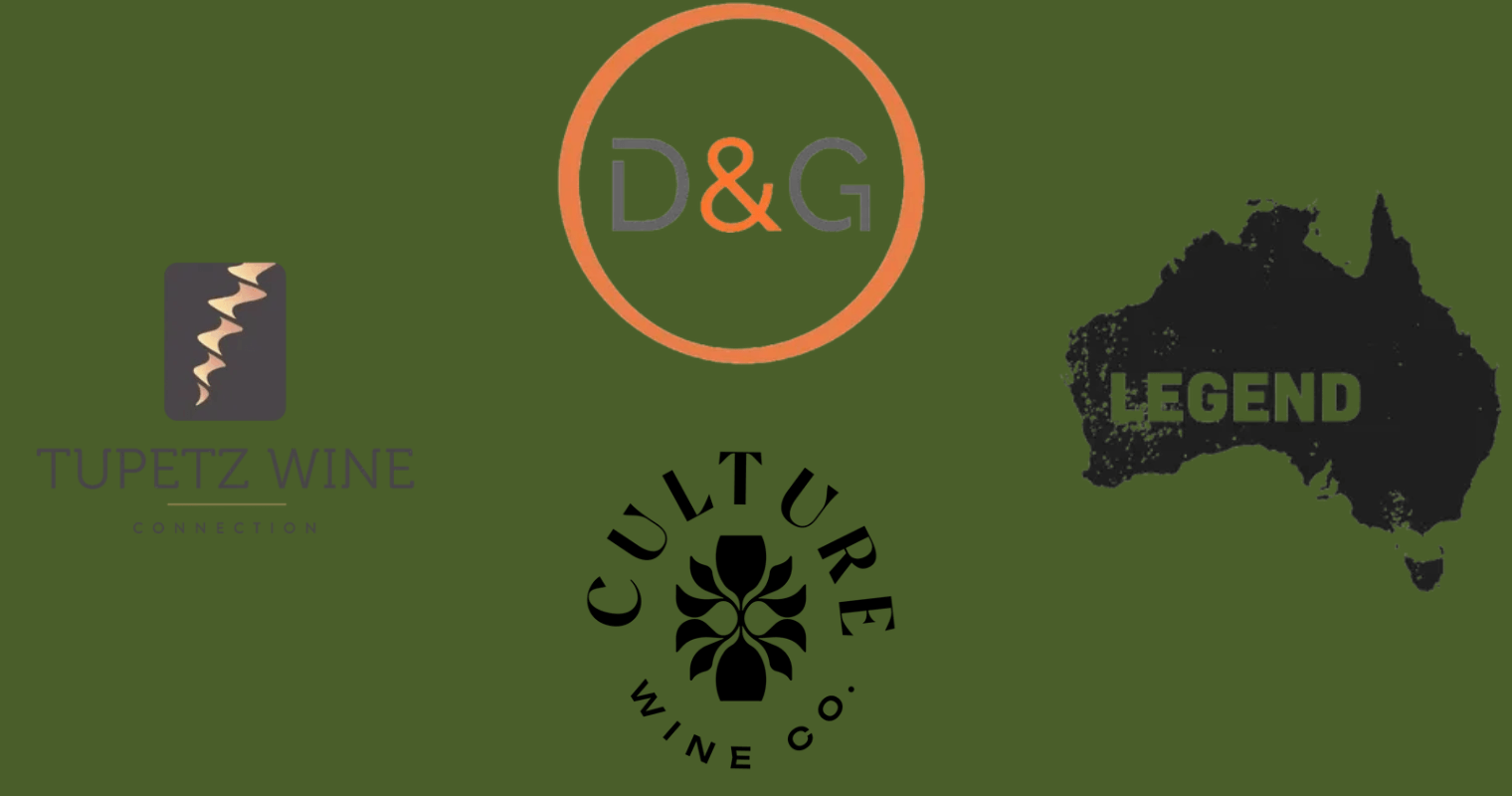
Image: SMALL POPPIES Wine Collective (4 independent importers).
German wines are well known among wine lovers, but it is true. So many times I heard that wine buyers aren’t in the position to buy German wines, which challenges me and makes me rethink how I approach businesses I’d love to work with and how I build my portfolio.
German wines represent tradition as much as innovation, paired with high-quality and a great value. Depending on the needs of the wine list, I can deliver classic wines but never boring, and I have a vast selection of complex, deep, elegant wines for any occasion, food pairing, and party :)
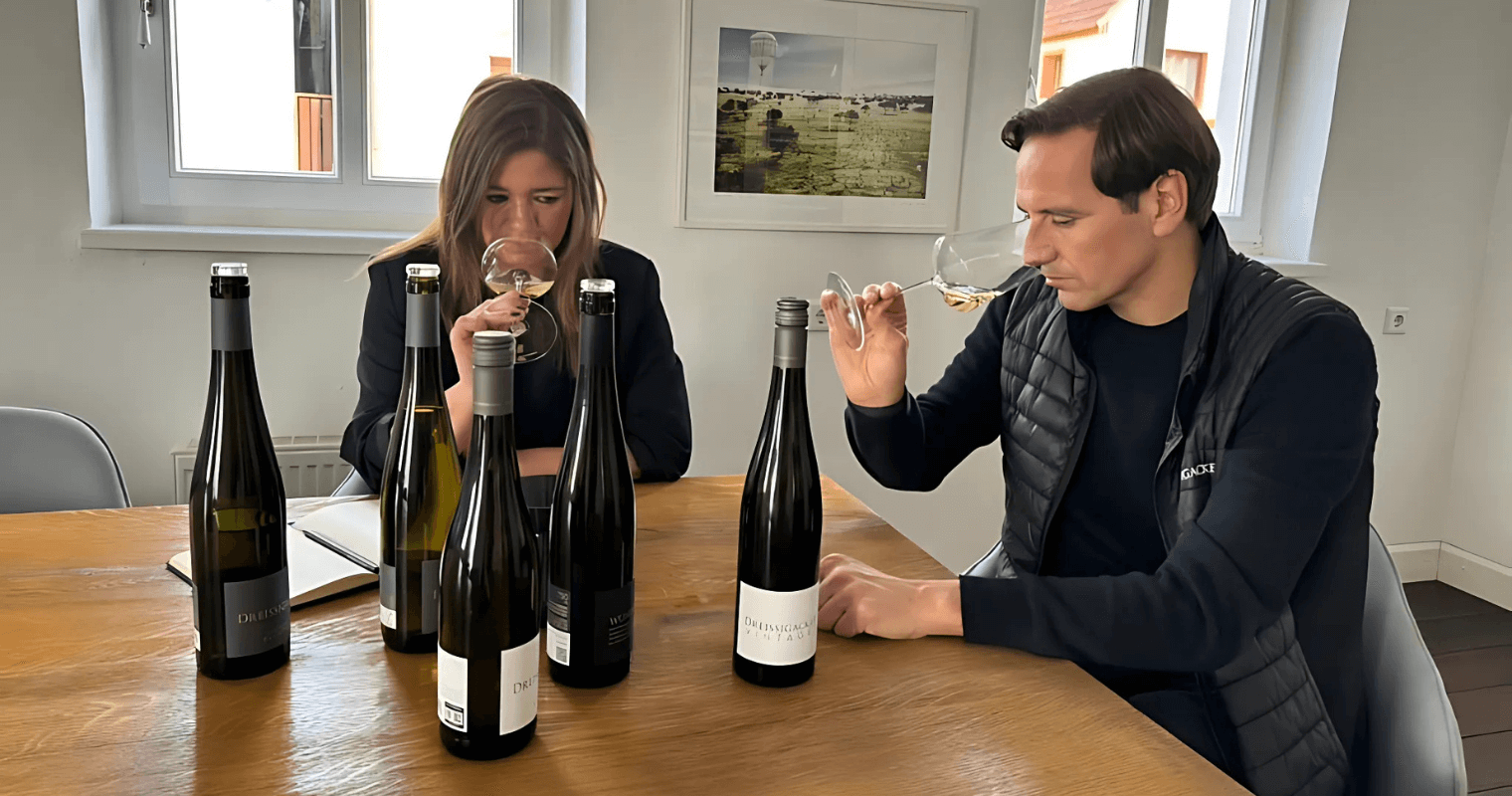
Image: Lisa Tupetz tasting Dreissigacker’s Riesling wines.
All my producers farm organically or use regenerative practices — not for trend, but because it’s part of their philosophy. No synthetic chemicals, cover cropping, biodiversity, and hand harvesting are standard protocol. I communicate this through transparency — through posts, emails, and wine notes that share what’s happening in the vineyard and cellar. Sustainability, to us, means respect for the land, the grape, and the people who work with both. Now you might wonder why I don’t communicate it on the label. The German and European wine law for producing organic wines allows us to use sulfur in lower amounts, but you can use it. In the US, organic means that you cannot add any sulfur to the wines. So I can label the wines as organic.
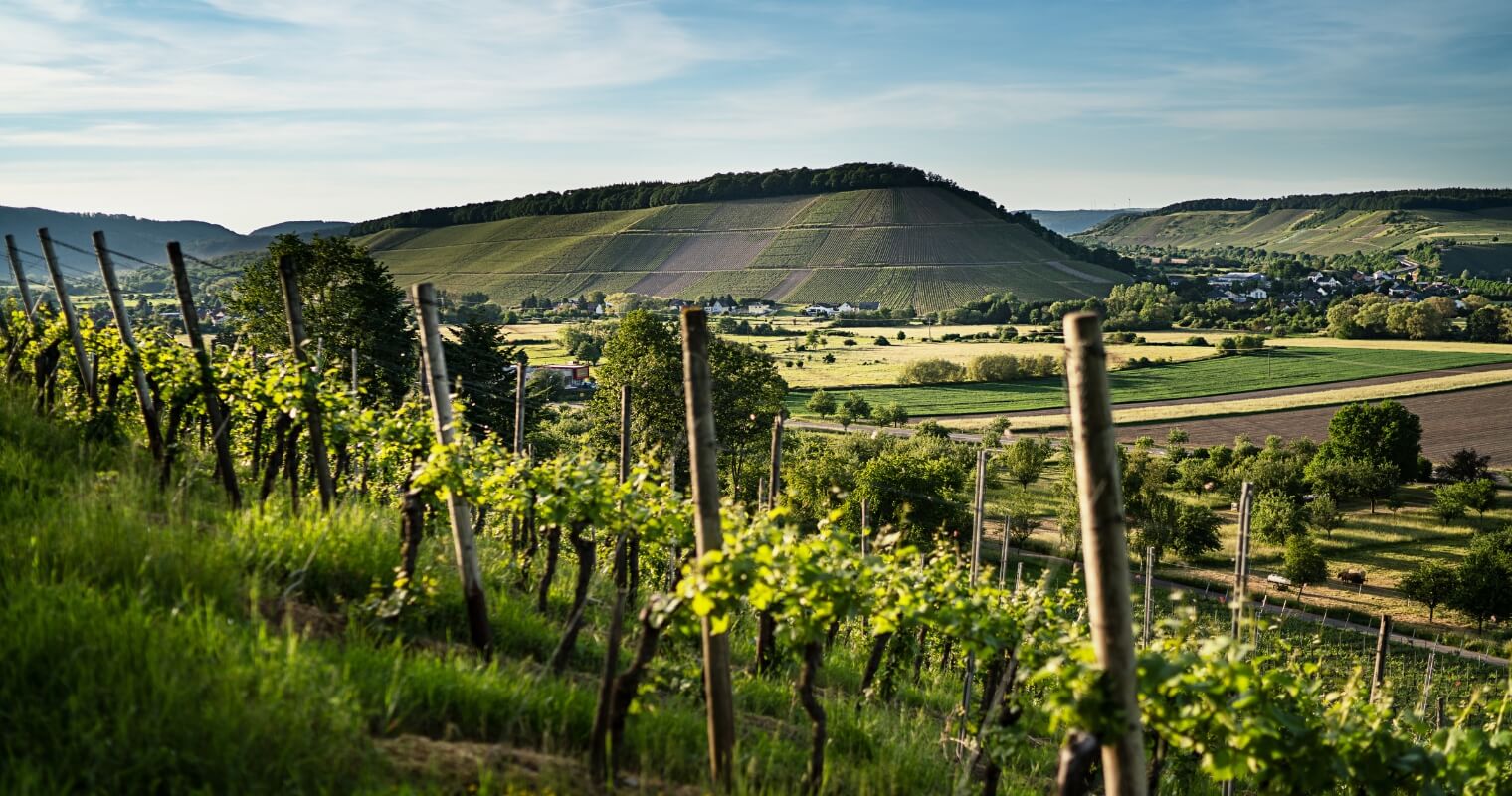
Image: Landscape, Weingut Weber.
Going to Germany and connecting with wineries is a big part of my business. With my next order I am placing I am adding two new producers to my portfolio.
As already mentioned, being the Co-Founder of Small Poppies Wine Collective will play a big part in my expansion strategy. Working alongside Peter Andrews from Culture Wine Co., Jane Lopes from Legend Wines, and Eric Danch from Danch and Granger is already a great asset to me.
Tupetz Wine Connection’s success at the Sommeliers Choice Awards reflects more than medal counts—it’s a story of alignment between producer and importer, authenticity and education, place and purpose. By staying close to the vineyard and true to the wines as they’re made at home, Lisa Tupetz is giving US drinkers an opportunity to experience German wine on its own terms. As she expands distribution and deepens her community through collaboration, the recognition opens doors: to bring more people into the story of German wine told without shortcuts.
In conversation with Malvika Patel, Editor and VP, Beverage Trade Network
Also Road:
SCA 2025: Bodegas Murua’s Gran Reserva Named Best Tempranillo and Spain’s Top Wine
Oregon’s 2022 Domaine Serene Chardonnay Wins Best Wine by Quality at 2025 Sommeliers Choice Awards
New Zealand’s Stoneleigh Sauvignon Blanc Wins ‘Best Value Wine for On-Premise’ in 2025 Awards
Enter your Wines now and get in front of top Sommeliers, Wine Directors, and On-Premise Wine Buyers of USA.
